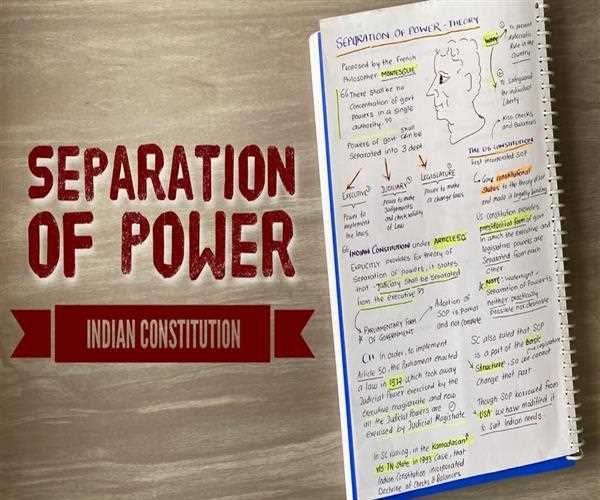The Constitution of India has provided for a system of checks and balances in order to ensure that no one branch of government exercises too much power. This system is known as the separation of powers.
India is the world's largest democracy and its Constitution lays down the framework for a democratic system of government. The Constitution provides for a balance of power between the executive, legislature and judiciary, which is known as the doctrine of separation of powers.
The executive branch of the Government of India is responsible for the administration of the country. The President is the head of state and the Prime Minister is the head of government. The President is elected by an electoral college consisting of the members of the Parliament and the state legislatures. The Prime Minister is appointed by the President and is responsible for the functioning of the government.
The legislature is the government's legislative body.The Parliament of India is the supreme legislative body and consists of the President and the two Houses - the Council of States (Rajya Sabha) and the House of the People (Lok Sabha). The Parliament has the power to make laws on all matters except those in the Concurrent List. The Parliament also has the power to impeach the President and remove him from office on grounds of 'proven misbehavior or incapacity'.
The judiciary is the court system that interprets and applies the law. The Supreme Court of India is the highest court in the country and is the final court of appeal. The High Courts are the principal courts of original jurisdiction in the states.

The system of checks and balances ensures that no one branch of government has too much power. Each branch has its own set of authority and responsibilities. The president has the power to veto laws passed by the parliament. The parliament has the power to impeach the president. The judiciary has the power to declare laws passed by the parliament to be unconstitutional. The system of checks and balances is important for Indian democracy because it ensures that everyone is held accountable for their actions. It ensures that no one person or group has too much power.